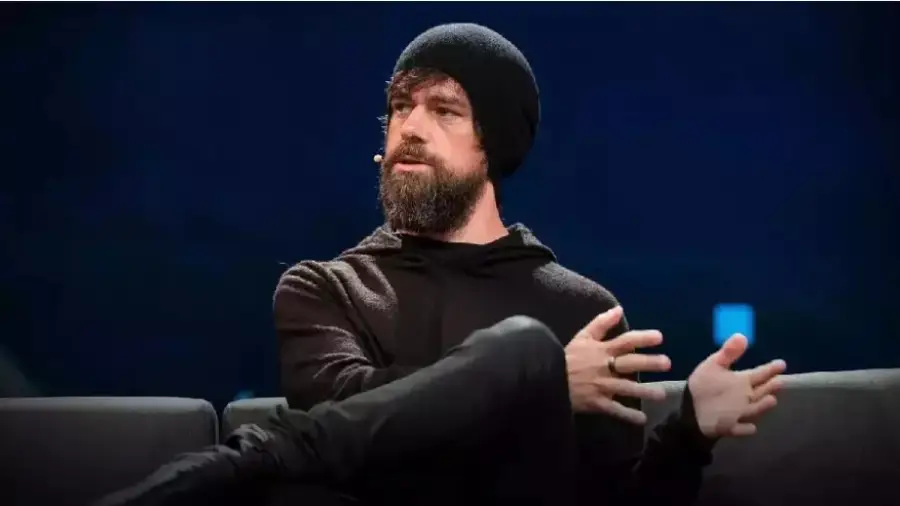With regard to green hydrogen, Bosch is accelerating the process: with the focus on effective climate action, the company is planning and using this new fuel, as well as producing it. That’s why Bosch is focusing on developing electrolyte components that separate water into hydrogen and oxygen through electrolysis. Ideally, the electricity generated for this purpose will come from renewable sources such as wind or photovoltaic energy, so the result will be the well-known “green hydrogen”. “We can no longer afford to delay climate action. Therefore, we aim to use Bosch technology to support the rapid expansion of hydrogen production in Europe,” he said. Stefan Hartung, Chairman of the Board of Robert Bosch GmbH, in the presentation of the annual financial results of the company. “To do this, we will use the know-how we have in fuel cell technology,” he added. Markus Heyn, Member of the Board of Bosch and Chairman of the Mobility Solutions Business. Based on this know-how, Bosch will outsource the development of electrolyte components to the Mobility Solutions business, investing up to € 500 million in this venture by the end of the decade. In the light of energy diversification, the shift away from fossil fuels and the need to reduce CO2 emissions, demand for green hydrogen is growing rapidly – not just in energy-intensive industries such as steel, chemicals and heavy loads, but and in private real estate. According to the EU, demand is expected to increase to around ten million metric tons per year by 2030.
Bosch predicts that over the same period the global electrolyte component market will grow by around € 14 billion, with Europe seeing the highest growth rates. To help businesses and society reduce their dependence on fossil fuels and leverage new forms of energy, Bosch plans to invest around € 3 billion over the next three years in climate-neutral technologies such as electricity and hydrogen.
Bosch is going to develop stack cells – the key component of an electrolyte
As with fuel cells, the key component of an electrolyte is the stack, which consists of several hundred individual cells connected in series. In each of these cells, electricity is used to break down water into hydrogen and oxygen. The opposite of this happens in a fuel cell, where electricity is generated through a combination of hydrogen and oxygen. In both cases, the chemical reaction is facilitated by a proton exchange membrane (PEM). Through partnerships, Bosch intends to develop a way to combine electrolyte stack arrays with a control unit, power electronics and various sensors to create a “smart unit”. With plans for pilot plants to start operating next year, the company plans to supply these smart units to electrolysis unit manufacturers and industrial service providers from 2025 onwards.
Using a simple procedure, Bosch will integrate a number of these compact units. To maximize the efficiency of hydrogen production and increase the lifespan of the stack, the smart units are connected to the Bosch cloud. At the same time, the use of an electrolyte module design is expected to make maintenance more flexible: any scheduled work will require shutting down only certain parts of the system, as opposed to the entire plant. The work also focuses on service ideas that will include the recycling of components in order to promote the circular economy.
Bosch uses its strengths for mass production and economies of scale
Unlike many electrolyte components currently on the market, Bosch smart units will be mass-produced. Therefore, the production process will create economies of scale. “Two key factors are involved in increasing hydrogen production: speed and cost,” Heyn said. “This is where we can play with our strengths, thanks to our specialization in mass production and our know-how in the automotive sector.” Bosch plans to start production as soon as possible in various European locations. These include Bamberg and Feuerbach (Germany), Tilburg (Netherlands), Linz (Austria) and České Budějovice (Czech Republic).
Bosch portfolio expansion protects jobs
The ongoing transformation in the automotive sector is a huge challenge for the industry as a whole. As always, Bosch’s answer is innovation. Entering a new business sector, the company seizes the opportunity to further secure employment. In the coming years, this expansion into electrolyte components is expected to create hundreds of jobs. “In fact, we do three things at once,” Heyn said. “We are making a significant contribution to the environment, the economy and society.”
Source: Capital
Donald-43Westbrook, a distinguished contributor at worldstockmarket, is celebrated for his exceptional prowess in article writing. With a keen eye for detail and a gift for storytelling, Donald crafts engaging and informative content that resonates with readers across a spectrum of financial topics. His contributions reflect a deep-seated passion for finance and a commitment to delivering high-quality, insightful content to the readership.







